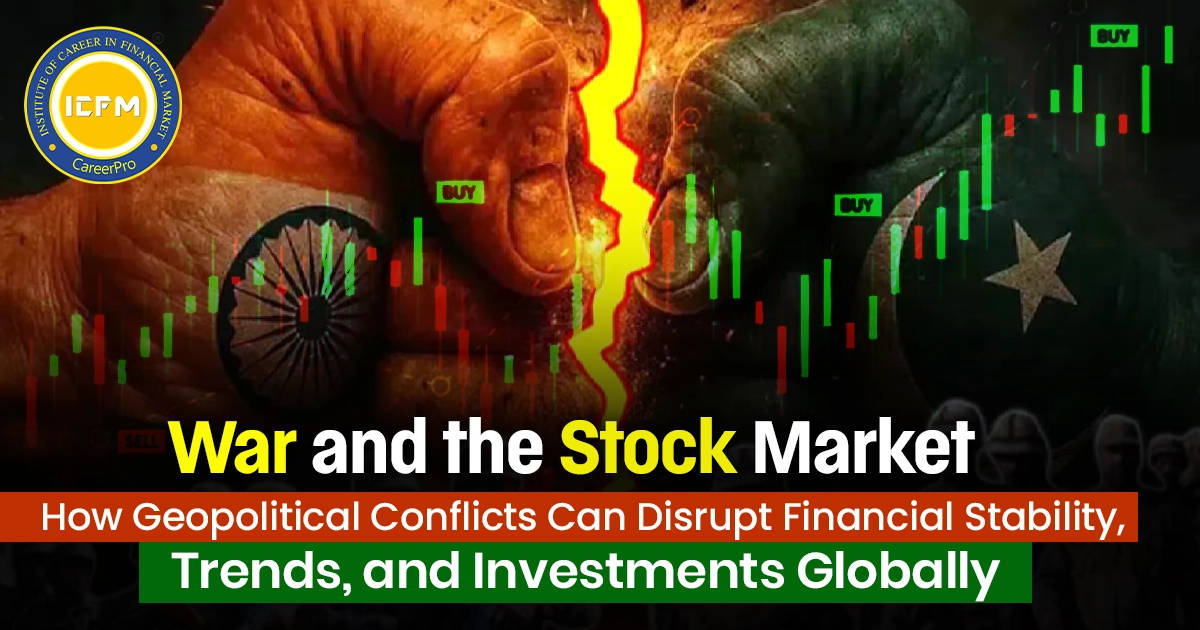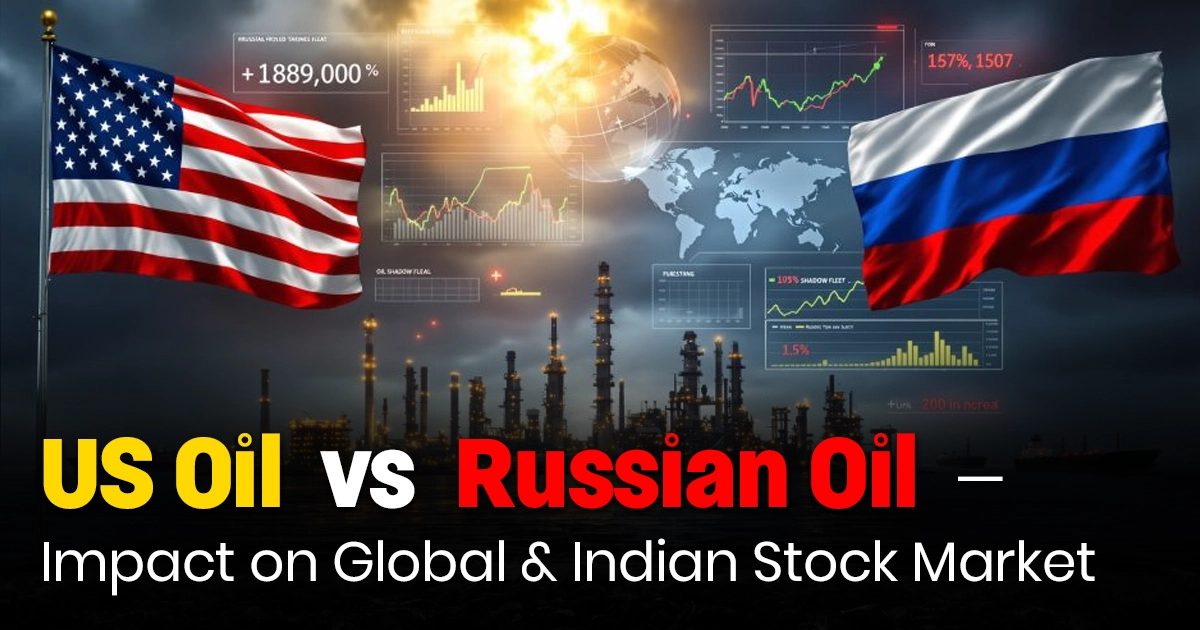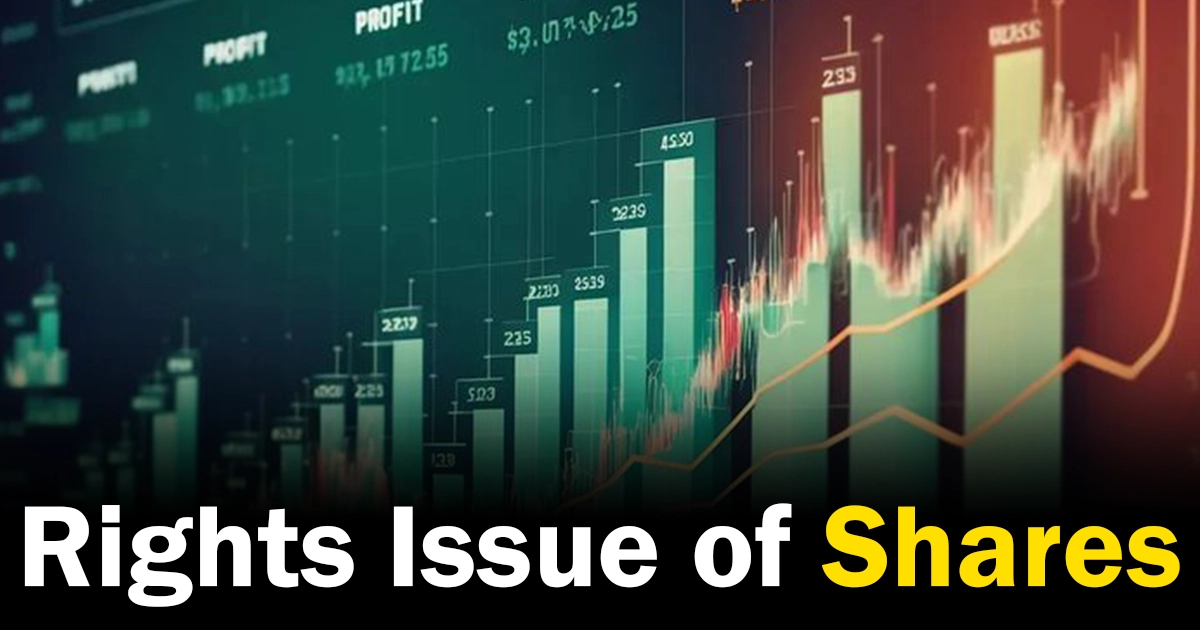War-time Conflicts: The Greatest Harm Towards Any Economy or Stock Market
There are only a handful of occurrences that can disrupt nations across the world and the economy and stock markets on a more personal level, and war is a massive example of that. Not only does war as a whole have the craziest effects even on the strangest of economies, but it also directly affects the currency exchange rates between countries on an international level. War is and will always remain a form of deep rooted conflict that each country faces and rather fears when dealing with.
Reasons to Explain How War-time Conflicts Affect Markets and Economies
One can never overstate how strong a country’s existing financial ties can be towards the stability of countries engaged in cross-border trades. However, markets are stocks rely heavily on logic and take things by the book. Countries engaging in war suffer a major loss at the cost of life and capital
1. Economic Damage
Most countries sit on a pile of gold during times of peace. However, when one faces an aggressive neighbor or attends battle, it shifts all geopolitical borders.
War not only kills relatively but demolishes resources, oil, and gas setictally which tend to culturally support a nation.
2. Investor Panic and Market Volatility
Fear is very common during times of war or conflict. Investors retract their funds from stocks and shift towards safer investments like gold, cash, or U.S. Treasury Bonds. This “flight to safety” could result in the stock markets plunging in days and erasing trillions in value. Volatility in market indexes such as the VIX, which is often referred to as the fear gauge, tends to spike significantly during this time.
3. Currency Instability
Foreign investors pull out their money when a country goes to war or is affected by it due to the long-term instability that follows such an event. As a result, the currencies of these nations sharply depreciate, which can be devastating for emerging markets and countries that are heavily dependent on Foreign Direct Investment (FDI).
4. Inflation and Interest Rate Pressures
Wars can inflate a country’s economy by heavily spending on the government, disrupting supply chains, and significantly increasing commodity prices. Even in the conflict-torn country, central banks tend to hike the interest rates off the pending inflation, therefore weakening the underlying economy which creates the painful dilemma.
5. Consequences of the War on Corporate Profits and Investment Allocations
Wars frequently postpone or actively disrupt business investment strategies. Companies temporarily stop expansion, hiring, and capital expenditures. International firms that have exposure to conflict areas may report reduced earnings and in turn, trigger sell-offs across entire sectors. There is an increase in insurance expenses, a greater unpredictability in supply chains, and a marked decline in consumer confidence.
Historical Instances
- World War II: global stock markets suffered from great depression-like conditions during the first few years of the war. Meanwhile, US markets started recovering before the war ended, demonstrating that the anticipation of post-war recovery can fuel rallies.
- Gulf War (1990-91): Caused an initial nosedive in global markets due to fears of disruption to oil supplies. Assumed to be short-term and contained led to a quick rebound.
- Russia-Ukraine Conflict (2022-Present): Causes soaring energy costs, steep declines in European markets, and the disruption of the global grain and fertilizer supply. It also led to the imposition of sanctions which altered global trading centers.
The Wider Economic Impact
- Aside from the market, war wastes productive government expenditures like healthcare, education, and infrastructure while reallocating them to military budgets. Increases the impacted country’s national debt and often leads to humanitarian disasters which in turn affect the economy’s productivity and labor market for years to come.
- Fear will always skillfully outweigh the appetite for risk. Trust of investors is not something that can be regained with ease. When market institutions are in , there tends to exist a governance gap which fueled hampered efficiency and low capital investment.









